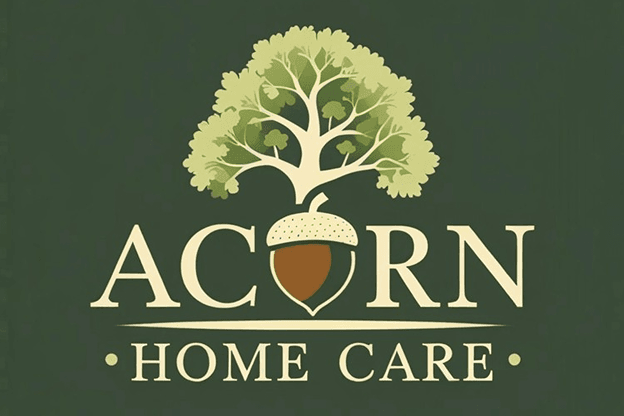Understanding Payment Options for Home Care Services
KP
Understanding Payment Options for Home Care Services
When it comes to home care services, understanding the payment options available is crucial for families seeking support for their loved ones. With a variety of choices, selecting the right payment method can make a significant difference in affordability and accessibility. This guide will help you explore the different ways to finance home care services, ensuring you make informed decisions.

Private Pay Options
Many families opt for private pay options, which involve using personal funds to cover home care costs. This method offers flexibility, allowing you to choose the services and schedule that best fit your needs. While it may seem daunting, this option gives you full control over the quality and type of care provided, which can be tailored to your loved one’s specific requirements.
Private pay can come from various sources, such as savings, pensions, or income from investments. Some families also choose to sell or rent properties to generate funds. It's essential to plan carefully and consider setting up a budget that accommodates ongoing care expenses.
Everyone deserves quality care. While many seniors are lovingly supported by family, there are times when bringing in professional home care allows loved ones to focus on other important family needs.
Long-Term Care Insurance
Long-term care insurance is specifically designed to cover the costs associated with long-term care services, including home care. Policies vary widely, so it’s important to review your insurance plan to understand what is covered. Generally, these policies cover a portion of home care expenses, reducing the financial burden on families.

When considering long-term care insurance, it’s advisable to purchase a policy while your loved one is still healthy, as premiums are typically lower and coverage options are broader. Keep in mind that each policy has its own set of rules and requirements, so thorough research and consultation with an insurance agent are recommended.
Medicare and Medicaid
Medicare and Medicaid are government programs that provide assistance for healthcare expenses, including some aspects of home care. Medicare offers limited coverage for home health services under specific conditions, such as after a hospital stay. However, it does not cover long-term personal care or custodial care.
Medicaid, on the other hand, offers more comprehensive coverage for home care services for eligible individuals. Eligibility varies by state, and typically considers income and asset levels. For those who qualify, Medicaid can significantly ease the financial strain of home care.

Veterans’ Benefits
For veterans and their families, there are specific benefits available to help cover the cost of home care services. The Department of Veterans Affairs (VA) offers programs such as Aid and Attendance, which provides financial assistance for veterans who require in-home care. To qualify, veterans must meet certain service and financial criteria.
In addition to Aid and Attendance, veterans may access services through VA health benefits or community-based programs. These benefits can be a valuable resource for reducing out-of-pocket expenses related to home care services.
Non-Profit and Community Resources
Non-profit organizations and community resources can also play a crucial role in financing home care services. Many local organizations offer grants or subsidies to help offset costs for families in need. Churches, community centers, and charitable foundations often provide support programs tailored to assist with home care expenses.
Exploring these resources can uncover valuable opportunities for financial assistance and support networks within your community. Engaging with social workers or local agencies can provide guidance on available options.
Communities show their love by helping seniors and disabled members access home care. Gifting even one hour of care, rather than flowers, brings lasting relief and demonstrates the true power of collective support.
At Acorn Home Care, we help communities care for their seniors at discounted rates. For every 100 hours of care funded, we add 10 more free hours of care. Get in touch to learn more.
Conclusion
Navigating the payment options for home care services requires careful consideration and planning. By exploring private pay options, insurance policies, government programs, veterans’ benefits, and community resources, families can find the best solution to meet their needs. Understanding these options ensures that you can provide quality care for your loved ones without undue financial stress.
Still not sure about the payment options? We’re here to help, contact us.
